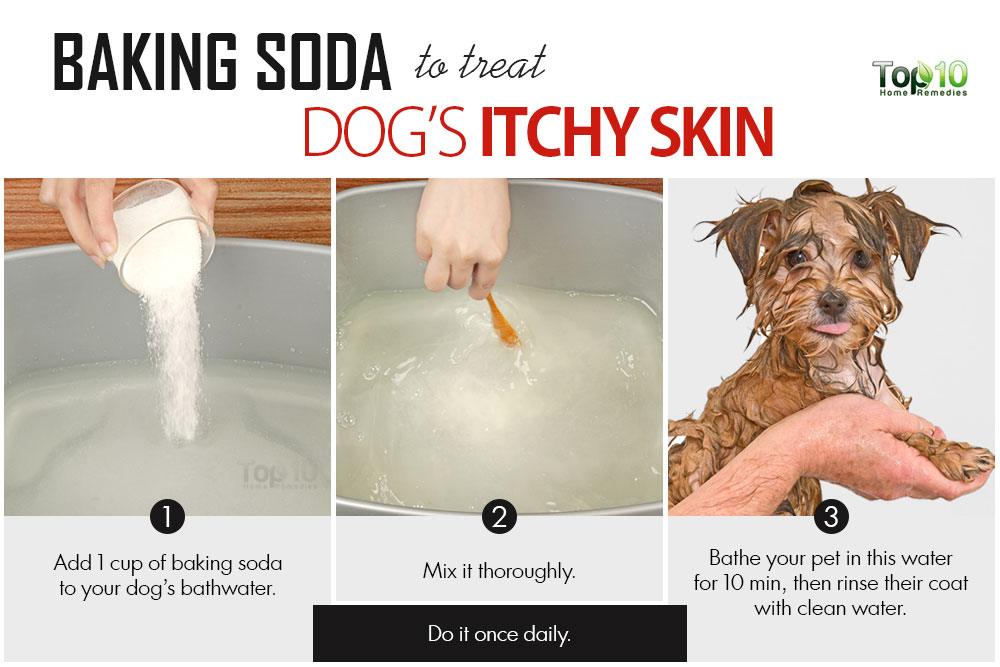Soothing the Itch: Exploring Home Remedies for Dog Chewing Paws
In the intricate tapestry of shared lives between humans and their canine companions, few sights tug at the heartstrings like a dog obsessively licking or chewing at their paws. This seemingly simple act can be a window into a world of discomfort, a silent plea for relief from unseen irritants. As stewards of their well-being, it's our responsibility to decipher these signals and offer solace. While the veterinarian's office should always be the first port of call, the world of natural remedies offers a treasure trove of soothing balms and calming solutions for our furry friends.
The impulse to soothe our animal companions with remedies found in nature is woven into the fabric of our relationship with dogs, stretching back through centuries of shared existence. Before the advent of modern veterinary medicine, humans relied on a deep understanding of the natural world to care for their animals. This knowledge, passed down through generations, often involved harnessing the healing properties of plants and readily available ingredients to address various ailments, including the itchy paws that plague our canine companions.
The importance of exploring home remedies for dog chewing paws is multifaceted. Firstly, it reflects a desire to alleviate our dogs' discomfort in the most gentle and natural way possible, minimizing exposure to potential side effects from certain medications. Secondly, it allows for a more proactive approach to their well-being, empowering owners to address minor issues at home before they escalate into more serious concerns.
It's crucial to remember, however, that not all home remedies are created equal, and some may be more effective than others depending on the root cause of the chewing. Identifying the source of the problem is paramount, and a veterinarian should always be consulted to rule out any underlying medical conditions, such as allergies, infections, or parasites. Home remedies should complement, not replace, professional veterinary care.
One of the most common culprits behind paw chewing is allergies. Just like humans, dogs can develop sensitivities to a variety of environmental allergens, such as pollen, mold, dust mites, and even certain types of grass. When these allergens come into contact with their paws, it can trigger an inflammatory response, leading to itching, redness, and irritation. In these cases, a simple foot soak using a soothing solution of oatmeal or chamomile tea can work wonders. Oatmeal, known for its anti-inflammatory properties, can help calm irritated skin, while chamomile's gentle nature can provide relief from itching.
Advantages and Disadvantages of Home Remedies for Dog Chewing Paws
| Advantages | Disadvantages |
|---|---|
| Often made with natural ingredients | May not be effective for all dogs or underlying conditions |
| Can be more affordable than conventional medications | Can be time-consuming to prepare and administer |
| May offer a gentler approach, especially for sensitive dogs | Importance of consulting with a veterinarian for proper diagnosis |
Best Practices for Implementing Home Remedies
1. Consult Your Veterinarian: Before trying any home remedies, it's crucial to consult with your veterinarian to determine the underlying cause of your dog's paw chewing. They can perform necessary tests to rule out any medical conditions and provide guidance on appropriate treatments.
2. Choose High-Quality Ingredients: When preparing home remedies, use high-quality, natural ingredients whenever possible. Avoid using harsh chemicals or additives that could further irritate your dog's skin.
3. Introduce Remedies Gradually: Start by applying a small amount of the remedy to a small area of your dog's paw to test for any adverse reactions. If no irritation occurs, you can gradually increase the amount and frequency of application.
4. Be Patient and Consistent: Home remedies often take time to show noticeable results. Be patient and consistent with your chosen remedy, and don't give up too soon if you don't see immediate improvement.
5. Observe Your Dog Closely: Monitor your dog closely for any signs of improvement or worsening of their symptoms. If their condition doesn't improve or if you notice any adverse reactions, discontinue use and consult your veterinarian.
Common Questions and Answers About Dog Chewing Paws
Q: Why is my dog chewing their paws?
A: Paw chewing can stem from various factors, including allergies, parasites, infections, dry skin, injuries, and even boredom or anxiety. Consulting a veterinarian is key to pinpointing the cause.
Q: When should I be concerned about my dog chewing their paws?
A: If your dog's paw chewing is persistent, accompanied by redness, swelling, bleeding, or a foul odor, it's crucial to seek veterinary attention immediately.
In the shared journey of life with our dogs, their well-being becomes an integral part of our own. Understanding their unspoken language, recognizing signs of discomfort, and seeking ways to alleviate their pain are hallmarks of responsible companionship. While home remedies can offer a gentle path toward soothing their itchy paws, they should always be approached with careful consideration, informed by professional veterinary guidance. By embracing a holistic approach to their care, we not only address their physical needs but also strengthen the bonds of love and trust that make this companionship so deeply rewarding.
Unleash your inner norse raider a deep dive into dd viking character art
Unlocking young minds navigating the world of 2nd grade reading comprehension tests
The enduring allure of rose tattoos on white backgrounds











:strip_icc()/dog-yeast-infection-home-remedy-5089075-c4a877225d354e1d852c881db71a43a2.jpg)


